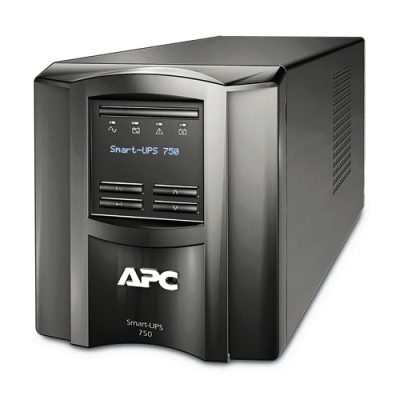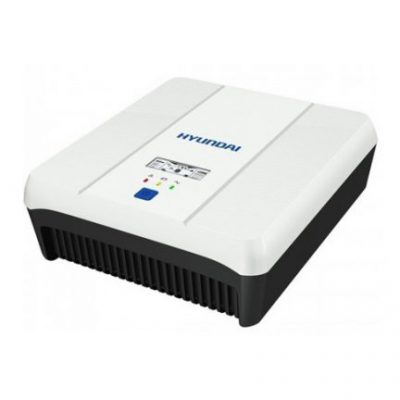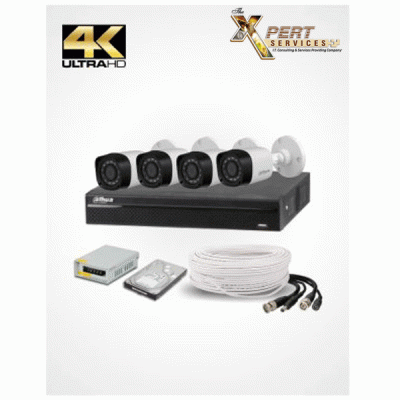ISLAMABAD: Informed sources said that the government is considering to increase the buyback rate of net metering electricity from the existing Rs 21 per unit to Rs 11 per unit. Business Recorder.
“The current trend of installing net metering across the country has not balanced the government’s plan to charge capacity charges to consumers as the rich are converting to net metering,” the source added.
There is a feeling in the power division that consumers have taken advantage of whatever benefits they could get and now the country’s power sector has started to suffer losses.
“Whoever is rich has money and the space is shifting towards net metering and now the financial burden will fall on poor consumers, who are already facing huge bills,” the source added.
Discos’ January tariff: CPPA-G seeks positive adjustment of Rs 7.13 per unit.
Sources say the government does not want to discourage solarization in the country but the current rate of Rs 12 to 22 per unit is not viable.
Customers are recovering their investment in 18 months at current rates. The government will reduce the existing buyback rate to Rs 11 or Rs 11.50 per unit. Sources say that the rehabilitation period should be extended to ten years.
The Power Division argues that the consumers have installed solar systems for their own consumption and the rates of additional generation should be fixed on the capacity of the receivers i.e. DISCOs.
Sources said that 6000 MW of solar panels have been imported till March 31, 2024. Currently, 3000 MW of electricity is being generated through solarization.
In 2022, the National Electric Power Regulatory Authority (NEPRA) initiated the process of amendments to the Alternative and Renewable Energy Distributed Generation and Net Metering Regulations, 2015 and proposed the following amendments: Sub-rule 5 of Regulation 14 of the Regulations In, the words ‘National Average Power Purchase Price (NAPPP)’ shall be replaced by ‘National Average Energy Purchase Price (NAEPP)’.
Following the notification of the revised Consumer and Base Tariff by the Federal Government, the National Average Power Purchase Price (NAPPP) has increased from the existing Rs 12.95 per kWh to Rs 19.32 per kWh. was started keeping in mind the July 25, 2022.
The proposed amendments to the regulations were published in newspapers for a period of 30 days for public comment. However, the authority held a public hearing in the matter on 27 September 2022 after considering the comments received from various stakeholders and media reports.
During the hearing, the public/consumers strongly opposed the proposed amendments and argued that electricity through net metering is an efficient way of bearing low distribution losses, with no investment for distribution infrastructure, and The proposed amendment to the regulations will discourage Net Metering/Solar Installation.
The authority sat on the decision for several months due to pressure from the then government and later announced that it had carefully considered the stakeholders’ submissions made during the hearing and in writing and to include the cheaper He is also aware of the government’s vision. and clean renewable energy into the system.
Although net metering is primarily based on the concept of reducing electricity costs through rooftop solar self-generation and not commercial sales, DISCOs can also provide grid and generation capacity to net metering customers during non-solar hours. Must be maintained. .
However, at the same time, the economic benefits of net metering in terms of displacement of expensive electricity, saving of foreign exchange and minimal losses cannot be ignored. Moreover, the amount of net metering units at present is very low, i.e. less than 1% of the total energy purchased by DISCOs.
In view of the discussion, the authority decided not to amend the existing NEPRA (Alternative and Renewable Energy) Distributed Generation and Net Metering Regulation, 2015.
Copyright Business Recorder, 2024











